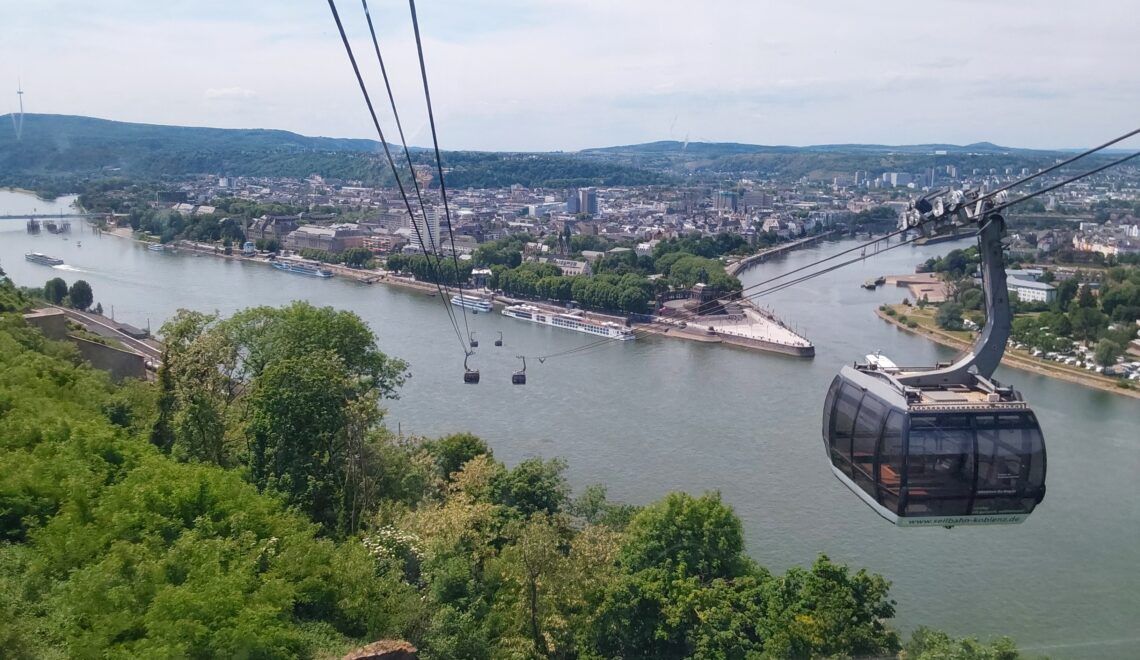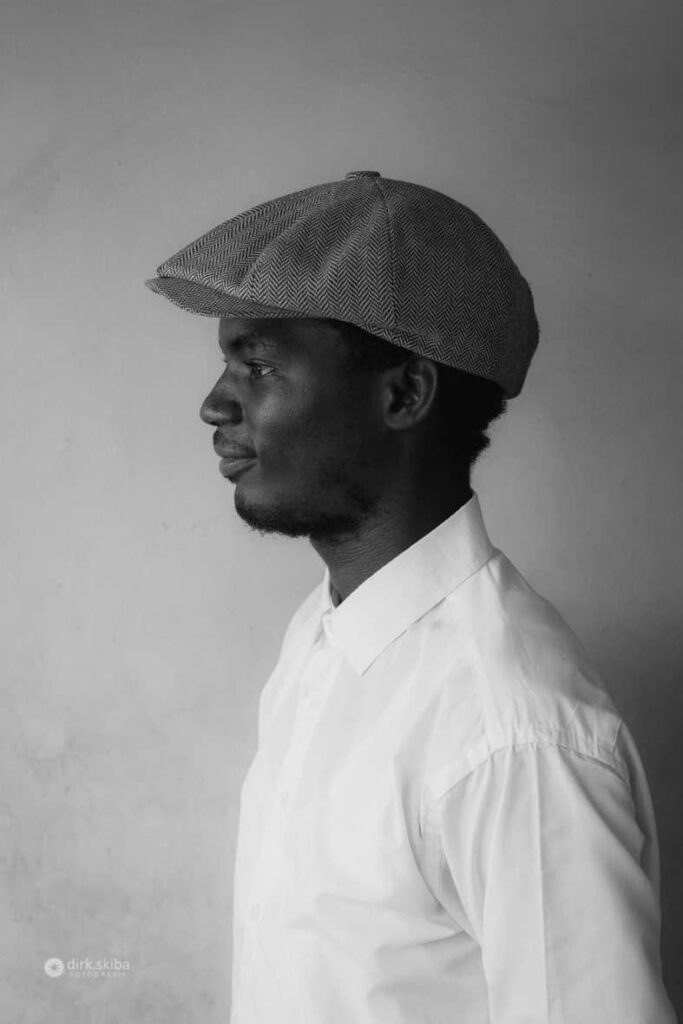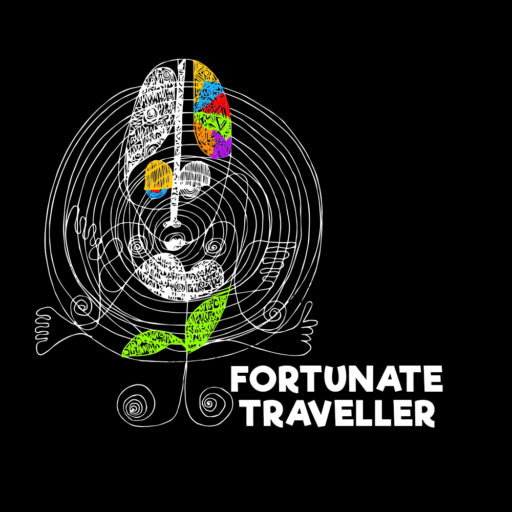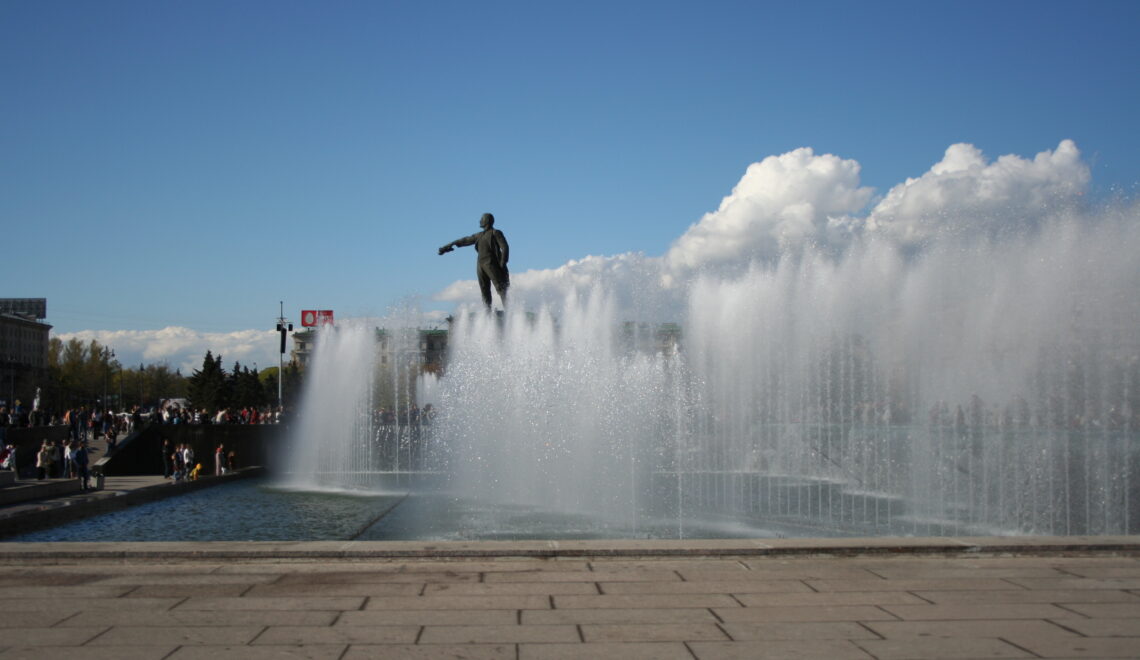
Communion at Max-Josef-Metgzer-Platz
(For Tristan Steeg)
The metal weevils are always farting
across the sky with silent noise;
in another moment, their filth
will be dissolved by a sieve –
who is the grandmother who sifts the sky
of the pollution the way my grandmother
sifted old yam flour for beetles and particles?
I take out my sketchbook where I worship
every ordinariness with the assiduity
of a seminarian poet in the service
of a rector of the Walcottian Order,
who counts even the tiniest commas,
prepositions, articles, for the accuracy
of their wonder. ‘I have never separated
the writing of poetry from prayer,’ sighs
the Grand Master into my memory.
‘I have grown up believing it is a vocation,
a religious vocation.’ Again, ordinary letters
turning the mundane into a quiet benediction.
All this while, I have been gazing from below,
in grassy bed with the impotent sun that would
not make love to me, screening out her cold gaze
with my hands. I wonder again, could there be
another person watching all this ordinariness
from above, this serendipity in my soul, taking
amused notes capable of making the trees burst
into happy tears, their pollen gently swaying
like the birds circling in the sky this morning?
Then, Tristan reaches for my hand, becoming
my Descartes, inventing a new way of seeing
to arrive at a simple syllogism. He asks me
to close my eyes, slide my arm into the crook
of his, and let him lead me. Is this not faith?
To trust to the eyes of others. I follow him,
blind like Borges padding through silence
and memory in his Buenos Aires library.
But, being the skeptic I have always been,
I couldn’t help but sneak a peek at our bearing
lest we bump into something or someone:
I see our shadows, entangled, slightly tilted
to the left, crawling with us; so, then, we must be
walking towards 0°; I see an unfinished spliff
in the crack of cobblestones, still smouldering…
Maybe this is faith, too – a slow burn toward the divine.
To Juliane
I
Dear Juliane,
I arrived in Koblenz that pewter afternoon,
a little overdressed for the welcoming sun
that flushed my skin with a daisy bouquet
immediately I stepped on the platform,
hollowed out as a tired cirrostratus
because Berlin had suddenly become
a geography of departures and had turned
once familiar names and faces into grey ghosts
that hovered in my dream on the train; though
the Yorùbá, in their quiet wisdom, observe:
20 children cannot play together for 20 years.
So, how much more 33+ people summoned
from different meridians for only 2 weeks+?
This was my post-proverbial aside – a Lacanian
tease on my memory – when you called out
my name at the park with the familiar ease
of a longtime friend. You warmed me up
with a gentle smile – a simple gesture that would
become the cover of my Koblenz photobook.
We exchanged more verbs during our short
drive to Clemensstraße. Here it was I said
an amen to a benediction by Derek Walcott,
‘Love After Love’, curated on the aged walls
of Theater Koblenz over which cranes were
busy in genuflection, their mechanical prayers
renewing, reshaping the past into the present.
II
Dear Juliane,
My Koblenz is you, a city of true tenderness
and devotion, like my mother’s. Your streets
are sonnets on kindness that cannot be
easily forgotten. You taught me how quiet
grows generous, how presence mends
what cities tear, how sometimes strangers
hold the keys to rooms in our hearts
we never knew existed, we never lived.
When my feet return to my hearth, and people
ask for the shape of my travel lores, this is how
I will recount Koblenz to them: not the luxury liners
at the lips of Deutsches Eck continually regorging
glittery eyed tourists; nor the lot of them that clump
like grapes on your cobbled lanes, transfixed
by your ordinariness, snapping shots
of pastel facades, each one a postcard to be
mis-
remembered
as they float through Schloss Stolzenfels –
that gaudy echo of Prussian pride –
marvelling at chandeliers and ignoring
the drafts that rattle through history.
But how three days can become forever
with the eternal audience of three: Franzi,
the dutiful dramaturg and beloved guide
who walked by my side like my own shadow,
exchanging the small gospels of ourselves;
and Andreas, proper Stockholmer, kindred spirit
from the enchanting forest of The Famished Road.
I will remember that night when spoiled
for choice at a restaurant, you took the menu
from me and ordered pfannkuchen mit spargel,
schinken und sauce hollandaise, mit käse überbacken.
You’ll love it, you assured. And true, when it arrived,
milky-white fingers in a white porcelain paired
with a glass that glowed amber, it was lecker.
Shame my appetite was a matchbox. Rubbing
my back, eat more, you said; you have to finish
it because it is sacrilegious to waste asparagus
in its season – an admonition straight out
of my mother’s book of tender tricks.
I will remember that cable car ride that lifted us
above the Rhine – that liquid historian whose
currents carry the weight of centuries – towards
Ehrenbreitstein where Theater Koblenz pitched
its humble tent for the season; the moment our
hearts intersected on Cohen and Dylan lyrics.
And when it was time for goodbyes, your embrace
at the Bahnhof car park was not an ending
but an elliptical promise leading to the next chapter.
Now I carry your tenderness in my heart as a proof
that goodbyes can become an unending grace.

Tọ́pẹ́-ẸniỌbańkẹ́ Adégòkè is from Ibadan, Nigeria. He is a traveller, literary critic, and writer working across forms and genres. His poetry has featured in exhibitions at the 2019 AfriCologne Festival in Germany, the 12th Bamako Encounters – African Biennale of Photography in Mali, and the Art and Country Project in Nigeria. Adégòkè practice also extends into theatre, where he was selected as a fellow of the Berliner Festspiele 2025 Theatertreffen International Forum in Germany. He is an alumnus of the Library of Africa and the African Diaspora (LOATAD) residency in Accra, Ghana, and the Sylt Foundation Residency in Germany. @literarygansta is his alter ego on X.



